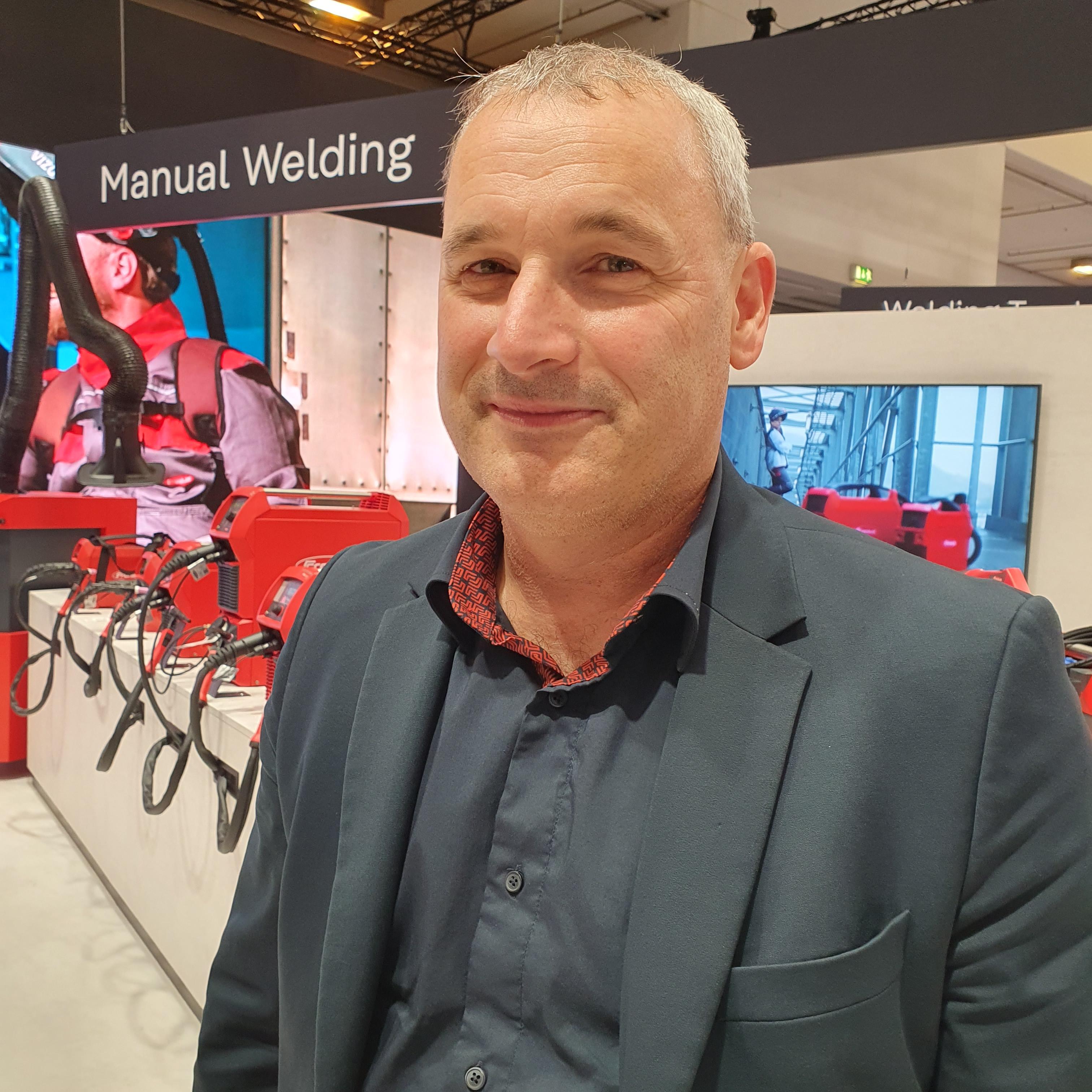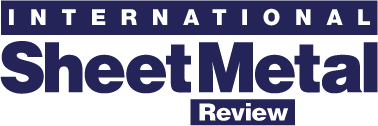
Fronius highlights trends and technologies
Submitted by:
Sara Waddington
ISMR caught up with Harald Langeder, Chief Technology Officer (CTO) and member of the Management Board of Fronius International GmbH, to discuss his views on market trends, technologies and issues affecting international welding professionals.
==
Founded in 1945 as a regional specialist repair shop for radio and electrical equipment, Fronius has grown to become a strong player in the global welding industry over the past 80 years (with 37 subsidiaries around the world). Fronius currently operates in two strategic business areas: Fronius Welding for welding technology and Fronius Solar & Energy (making the best possible use of solar energy as well as optimising battery charging systems for intralogistics).
The 20th anniversary of its Cold Metal Transfer (CMT) welding process this year represents a key milestone for the company. For the first time ever, CMT made it possible to thermally join galvanized steel and aluminium sheets, as well as joining wafer-thin aluminium sheets from a thickness of 0.3mm.
From 15-19 September 2025, Fronius showcased its wide range of high-end welding solutions on its stand at the SCHWEISSEN & SCHNEIDEN trade show in Essen, Germany. ISMR therefore caught up with Harald Langeder, Chief Technology Officer (CTO) and member of the Management Board at Fronius International, at the trade show in Essen to discuss his views on market trends, technologies and issues affecting international welding professionals.
ISMR: Please give a brief background to Fronius and highlight any notable successes and achievements over the past two years.
Harald Langeder (HL): Fronius’ roots can be traced back to 1945. We are celebrating our 80th anniversary this year and currently hold 1,752 active patents. Our two strategic business segments are Fronius Welding and Fronius Solar & Energy, where we had around 6,700 employees worldwide (at the end of 2024). Fronius enjoys a current export share of 90 per cent with 37 international subsidiaries and a network of sales partners in over 60 countries.
In addition to improving our global presence, we have also positioned ourselves in various segments and developed a broad portfolio for different industries. One of our strengths is that we can offer excellent welding solutions for an incredible variety of metalworking companies—whether automotive manufacturing, commercial transportation, heavy machinery or more.
To read the rest of this interview, see the October issue of ISMR on https://joom.ag/JO2d/p28
